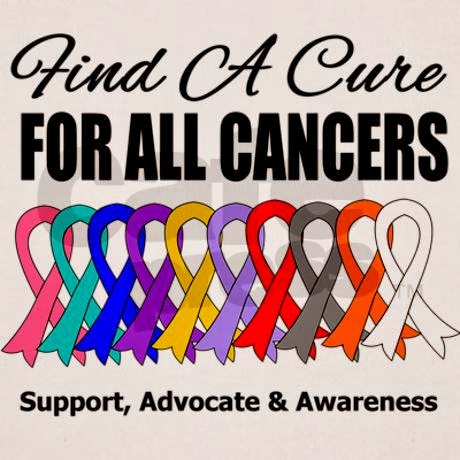Sebeccly cancer care and support centre
By Dr. Omolola Salako, Executive secretary (Consultant Radiation Oncologist) Dr. Deola Tijani, Programme Coordinator
Cancer Care is commemorating this year’s world cancer day by launching the sexy virus campaign. Over 30% of cancers can be prevented by healthy life style decisions (safe sexual practices, immunization against virus causing cancers etc), hence, we are using this campaign to emphasize the viruses that are transmitted through sex and cause cancers.
stick injuries, dialysis, and from an infected mother to her baby (mother to child transmission).
HBV and HCV cause majority of liver cancer worldwide. These viruses infect and damage the liver which over a prolonged period leads to liver cancer.
sexual intercourse
cancer screening)
use your medications and see your doctor regularly.
include evidence-based, resource-appropriate policies and programmes that reduce the level of exposure to risk factors for cancer and strengthen the capacity of individuals to adopt lifestyle choices that promote good health for life.

